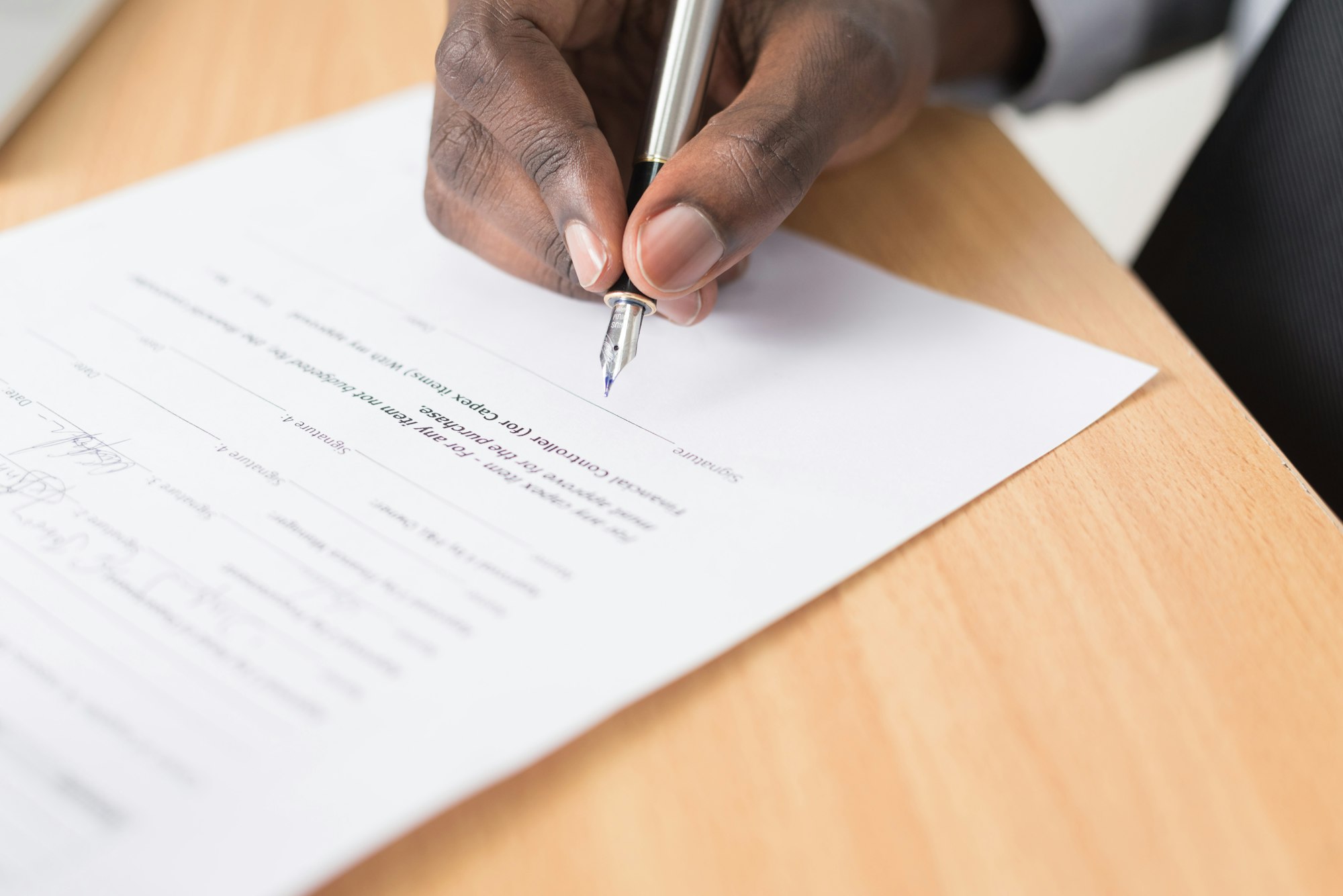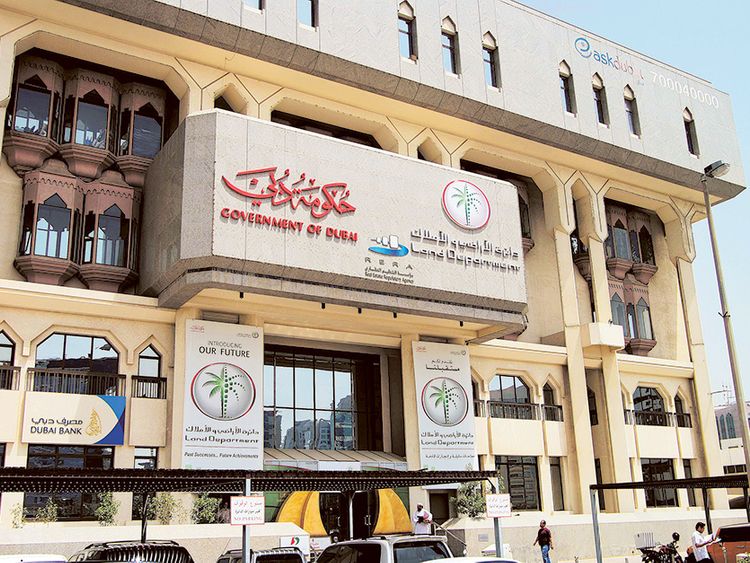When renting in Dubai it is imperative to understand the process set out by the Dubai Land Department. Knowing this process and the required documentation will help save time and effort in the future.
A tenancy contract is a standardised short-term letting contract created by Dubai Land Department (DLD) in 2017. The aim of this contract is to protect the rights of both tenants and landlords during short-term lettings. Before moving into a property it is imperative to have an official tenancy contract. This contract formalizes the agreement between landlord and tenant, acting as a point of reference should there be a dispute in the future.
Before signing a tenancy agreement, it is crucial to take some steps to ensure the contract is legitimate. It goes without saying to read through the terms stated on the contract. An important factor to consider is the contract mentioning that the landlord is responsible for any major repairs. The landlord is required by law to do this unless otherwise stated, therefore this is particularly important factor to include.
Other than this; establish the landlord is truly the owner of the property through checking the name on the title deed and cross checking this name with the one on their passport. (In the UAE it is common practice to ask for a copy of the landlords passport). Similarly, the landlord must sign the contract themselves, guarantee this by signing the contract together, with zero exceptions.

To view the Land Department tenancy contract, click here to download the pdf.
2 - The Ejari
Ejari means ‘My Rent’ in Arabic and is an initiative put into place by RERA to regulate and facilitate the Rental Market of Dubai. The main motive behind this system is to legalise the relationship between landlords and tenants, with the aim to prevent any potential unpleasant interactions between the two parties. Should any disputes take place, Ejari guarantees your right to go to court as a tenant.
Ejari registration is mandatory, and typically will fall under the responsibility of the landlord. Having said this, the tenant completes the process and pays the required fees (AED 220).
There are several facilities to register your Ejari via typing centers throughout the UAE. Al Manara center is relatively central in Dubai. Be aware the opening hours are 7:30 - 14:30, and respectful clothing must be worn (covered shoulders and knees). Alternatively, the Ejari may be registered online, or via the official Ejari app that can be downloaded on apple or android. It is cheaper to register via the app - AED 172 rather than AED 220 - in order to do this, your landlord must also be registered on the app, so they can approve the uploaded documents. Once approved the Ejari certificate will be given in two working days.
The following is a list of documents required to register your Ejari;
- Original signed tenancy contract
- Security deposit receipt
- Tenant’s Passport (for non-GCC countries nationals)
- Tenant’s UAE Visa (for non-GCC countries nationals)
- Tenant’s Emirates ID
- Copies of landlord’s passport (if individual)
- Copy of a valid power of attorney document (if the contract has been signed by a PoA). Power of attorney documents must be renewed every years to remain valid.
- Copy of title deed of the rented property
- 9-digit DEWA Premises Number (or copies of recent DEWA bills/Green bill accepted)
- DEWA bill and previous Ejari if you are renewing
- Trade license (in the case of commercial properties)

To avoid disruption and make the process as smooth as possible, ensure the previous Ejari is cancelled. This is done by the former tenant, landlord, property management company or real estate agency. This has to be done as The Ejari does not cancel automatically upon expiration of the previous tenancy.
Click here to go to the government website that explains the procedure of obtaining an Ejari.
In summary, these processes can be longer than they need to be without the proper preparation. However with this guide you should be on your way to the smoothest possible process, saving time and effort along the way.
